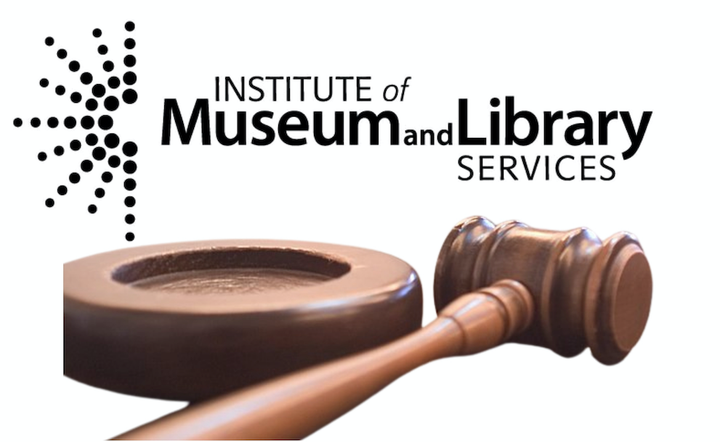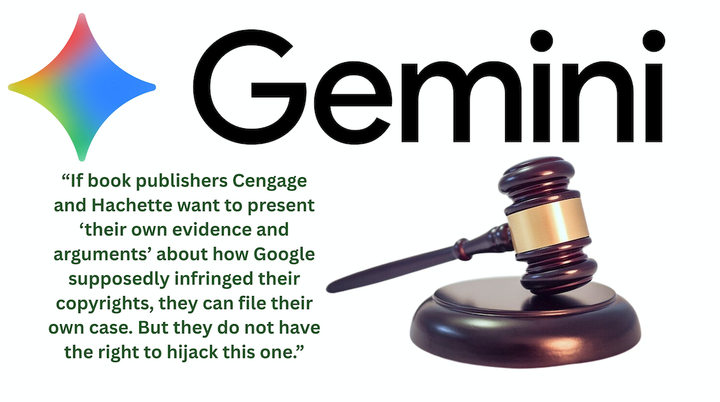After Scheduling Order, Dispute Over Register of Copyrights Firing Will Stretch Well into the Summer
Perlmutter had sought an expedited schedule on a motion for summary judgment to mitigate the uncertainty at the Copyright Office. That timeline will now be extended by at least a month.

A federal judge last week declined to issue a temporary restraining order blocking the firing of Register of Copyrights Shira Perlmutter. But after a June 4 status conference, the court set a schedule to hear Perlmutter's subsequent motion for a preliminary injunction that could stretch the litigation into mid-July, if not later.
In his June 4 order, judge Timothy Kelly set a June 10 deadline for Perlmutter to file her motion for motion for a preliminary injunction; Trump administration lawyers will then have a generous two weeks to file their opposition, with a deadline of June 24. Perlmutter’s reply would then be due by July 1, with Kelly writing that he would “determine whether a hearing is necessary at a later time”—an interesting comment since federal rules typically require a hearing before issuing a preliminary injunction.
The move comes after Kelly, a Trump appointee, denied Perlmutter’s bid for a Temporary Restraining Order after a hearing on May 28, and invited Perlmutter to instead file a motion for a preliminary injunction. Perlmutter, however, sought to file a motion for summary judgment to be heard on an expedited basis, arguing that "the leadership of the Library of Congress and the Copyright Office will remain in dispute until the legality of Defendants’ actions is adjudicated on the merits.” Administration lawyers objected to the proposal, however, and the court ultimately did not accept it.
Lawyers told Words & Money that the move for a quick ruling on summary judgment makes legal sense, as the dispute revolves around straightforward questions of law—specifically whether the president has the authority, by the constitution or by statute, to carry out the hirings and firings at the Library of Congress and the Copyright Office.
Notably, Perlmutter had sought a schedule that would have had her motion for summary judgment fully briefed by June 16. but that timeline will now be extended by at least a month, potentially longer, meaning that the uncertainty at the Copyright Office and at the Library of Congress could stretch well into the summer—although Trump could put an end to any legal drama by formally nominating a new Librarian of Congress and pushing through a quick Senate confirmation.
Perlmutter first filed suit on May 22, asserting that the Trump Administration’s decision to fire her was “blatantly” unlawful.
“Congress vested the Librarian of Congress—not the President—with the power to appoint, and therefore to remove, the Register of Copyrights,” the complaint states. Furthermore, Perlmutter argues that Trump also lacks the authority to name an acting Librarian of Congress, a legal question that has so far left Trump’s choice to succeed the fired Carla Hayden, his former criminal attorney and current deputy attorney general Todd Blanche, in limbo.
Despite Trump’s appointment of Blanche on May 12, deputy librarian Robert Newlen reportedly remains in charge at the library at press time. And while Newlen hasn't spoken out publicly since he became Acting Librarian of Congress, it seems highly unlikely that he would acquiesce to the administration's demands to fire Perlmutter, which would also bring a swift end to the lawsuit.
For their part, Trump administration lawyers have argued in court that the Library of Congress is in fact part of the executive branch, and that the hirings and firings at the Library of Congress and the Copyright Office within the president’s purview.
Multiple lawyers, however, have told Words & Money that while Trump's firing of Carla Hayden is almost certainly legal, the president does not have the statutory or constitutional authority to fire the Register of Copyrights, or to appoint an Acting Librarian of Congress or an acting register.


